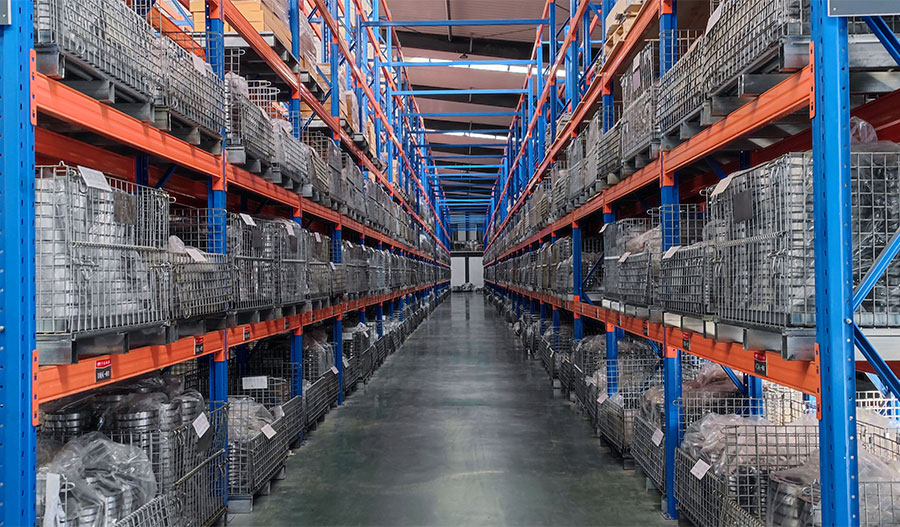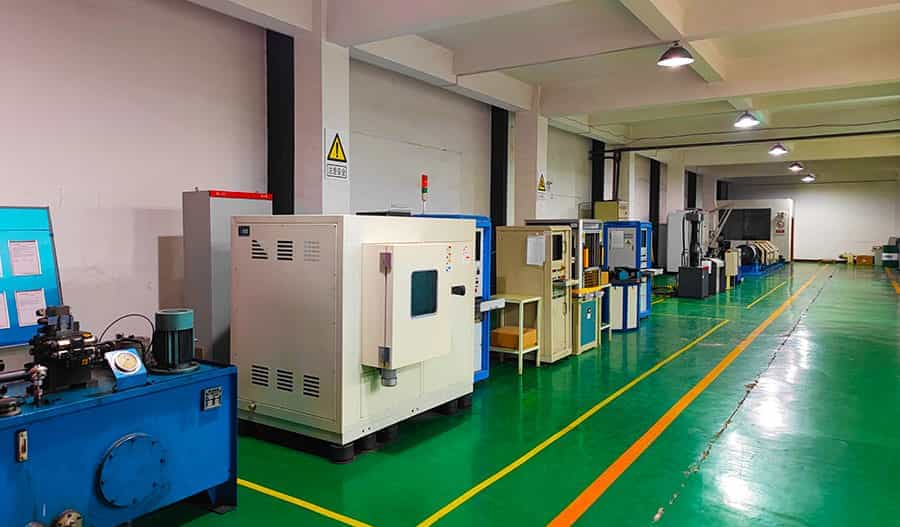WEBINAR
Deep Groove Ball Bearing
Learn MoreAngular contact ball bearings and deep groove ball bearings are two common types of rolling bearings. They have some significant differences in structure and application. The following is their comparative analysis:
Deep Groove Ball Bearing: The raceway between the inner ring and the outer ring of the deep groove ball bearing is parallel, and the contact angle between the ball and the raceway is small, usually 15 degrees. This design allows deep groove ball bearings to bear mainly radial loads.
Angular Contact Ball Bearing: The raceway between the inner ring and the outer ring of the angular contact ball bearing is oblique, and the contact angle between the ball and the raceway is large, usually 30 degrees or 40 degrees. This design allows angular contact ball bearings to bear both radial and axial loads.
Deep Groove Ball Bearings: Deep groove ball bearings have excellent performance when carrying pure radial loads, but have limited capabilities when carrying axial loads.
Angular Contact Ball Bearings: Angular contact ball bearings have a high axial load carrying capacity and are suitable for applications that carry both radial and axial loads.
Deep Groove Ball Bearings: Deep groove ball bearings usually have lower stiffness in the axial direction and are suitable for some applications with a higher degree of freedom. In terms of precision, deep groove ball bearings usually come in two types: normal precision and high precision.
Angular Contact Ball Bearings: Angular contact ball bearings generally have high stiffness due to their design and contact angle, which makes them suitable for applications requiring high precision and stiffness, such as machine tools.
Deep Groove Ball Bearings: Deep groove ball bearings are commonly used in some common applications, such as motors, pumps, fans, etc., where they mainly bear radial loads.
Angular Contact Ball Bearings: Angular contact ball bearings are widely used in applications that need to bear both radial and axial loads, such as machine tool spindles, automobile front wheel bearings, etc.
Deep Groove Ball Bearings: Deep groove ball bearings are generally easier to install and maintain because they do not involve axial load issues.
Angular Contact Ball Bearings: Angular contact ball bearings require more attention during installation and maintenance, especially with regard to axial loads.
In summary, deep groove ball bearings and angular contact ball bearings have their own unique advantages and applicability. Choosing Which bearing type is depends on the specific application needs, including factors such as load type, accuracy requirements and axial loads. Therefore, when selecting bearings, it is necessary to fully consider the requirements of the application and the performance characteristics of the bearing.
WEEYH is jointly formed by China's top agricultural machinery parts factories, focusing on the R&D and production of agricultural machinery parts. About 200,000 sets of agricultural machinery related parts are produced by WEEYH'S factories and sent to the world every year.

We have a top testing laboratory, from material analysis to finished product inspection, each link has a corresponding testing process. More than 30 kinds of testing equipment have built the guarantee of WEEYH safety.

Call for online customer support get FREE BEARING SAMPLE
Online Quotation